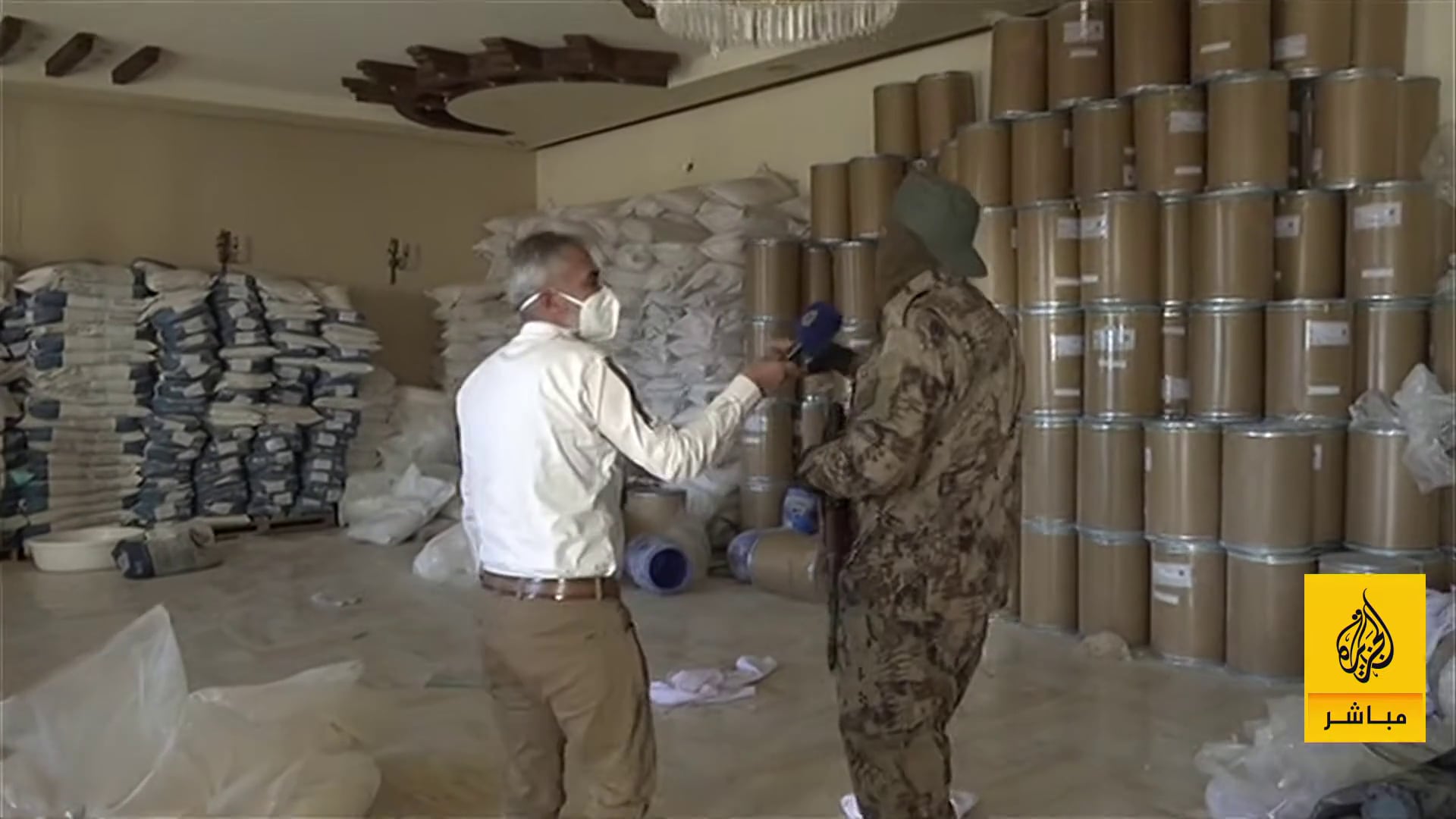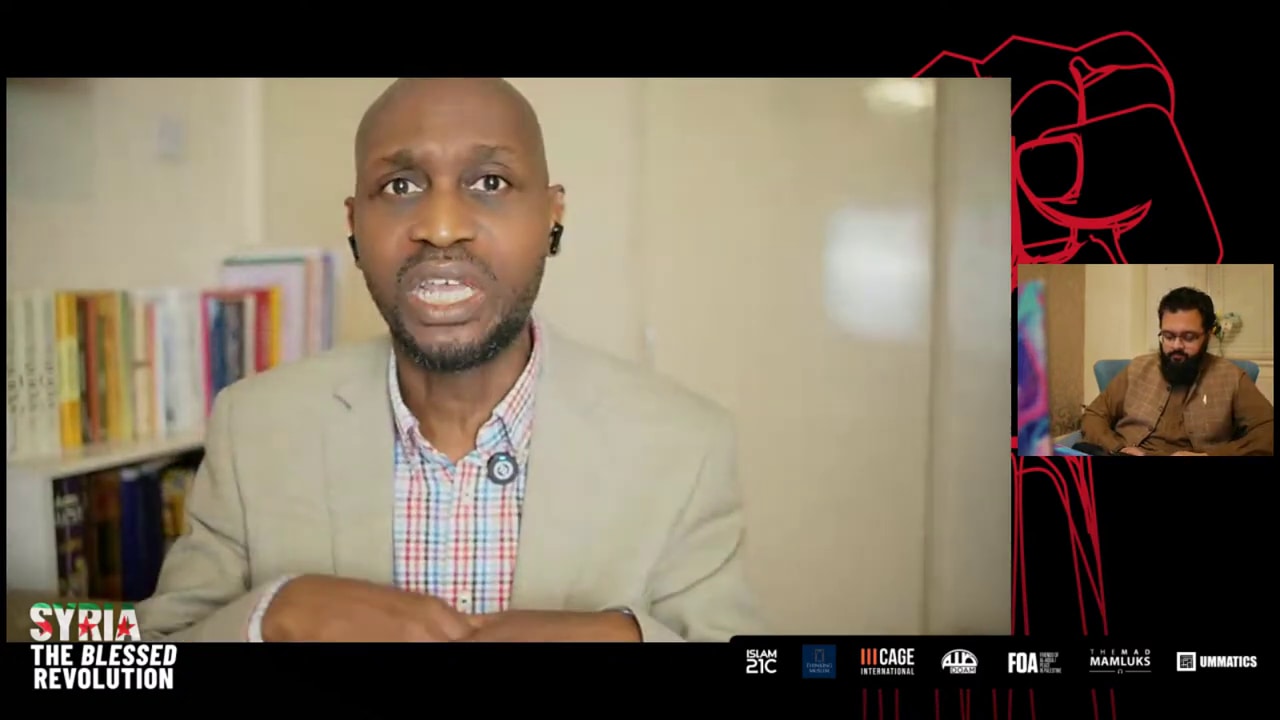
In an October 21, 2022, interview on Al-Arabiya Network, former Jordanian ambassador to Iran Bassam Al-Omoush spoke about relations between Jordan and Iran. He said that Iran’s modus operandi is to infiltrate other countries and establish pro-Iranian sleeper cells in them. Al-Omoush also said that there have been clashes between Jordan and Iranian military forces along Jordan’s border and that Iran openly produces Captagon and other drugs and attempts to flood Jordan with them. In addition, he said that the Iranian regime is corrupt and that the Iranian people deserve to be much wealthier than they are, particularly because Iran is rich in natural resources. Moreover, he criticized the Iranian government for spending so much of its people’s money on supporting foreign groups. For more about Bassam Al-Omoush, see MEMRI TV Clips Nos. 9841, 6301, and 4666.
Bassam Al-Omoush: "Not a single Arab country interferes in Iran's internal affairs. So why does Iran do this [to us]?
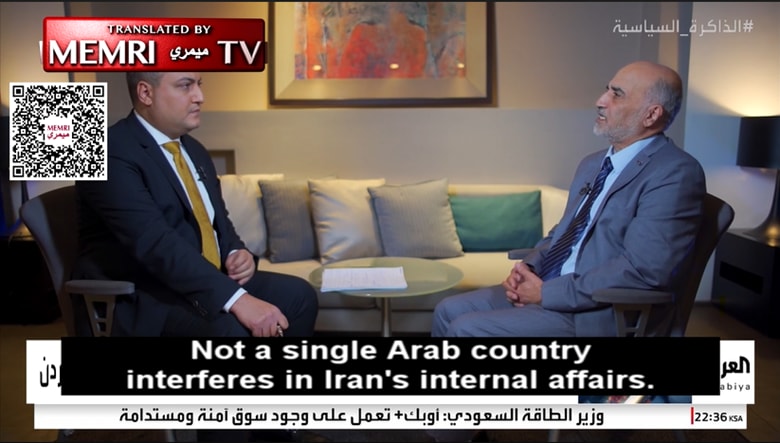
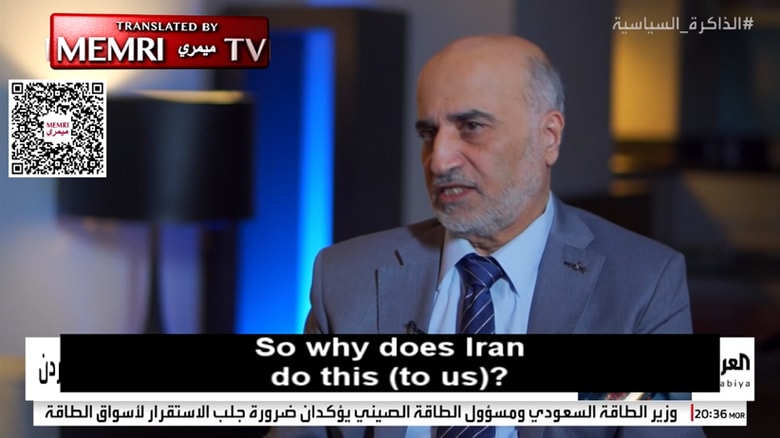
[...]
"Once, the Iranian ambassador was summoned when he formed an armed group in Jordan. An Iranian ambassador was making calls, recruiting, and trying to establish a militia. They were caught. He was summoned, and Iran was informed that the ambassador was persona non grata.
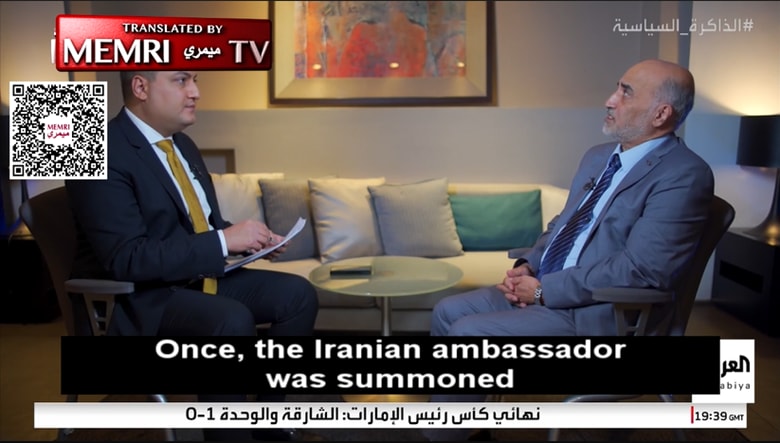


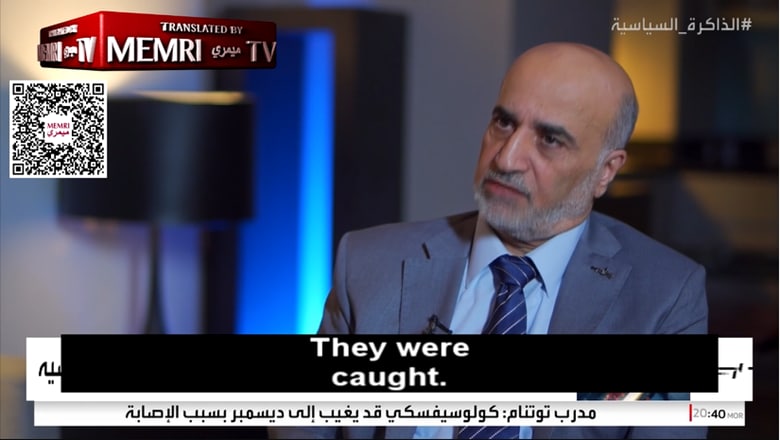
[...]
"The relationship between Jordan and Iran is characterized by apprehension, on the part of Jordon. Jordon wants to fend off Iran's evil. We have now reached the point of clashes on Syrian soil, so..."
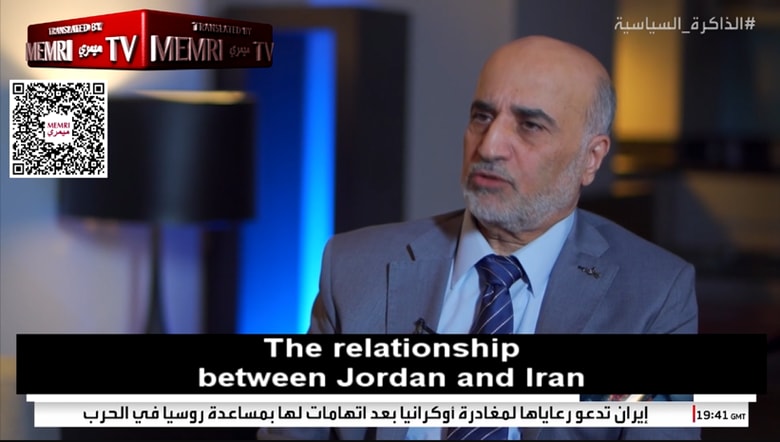
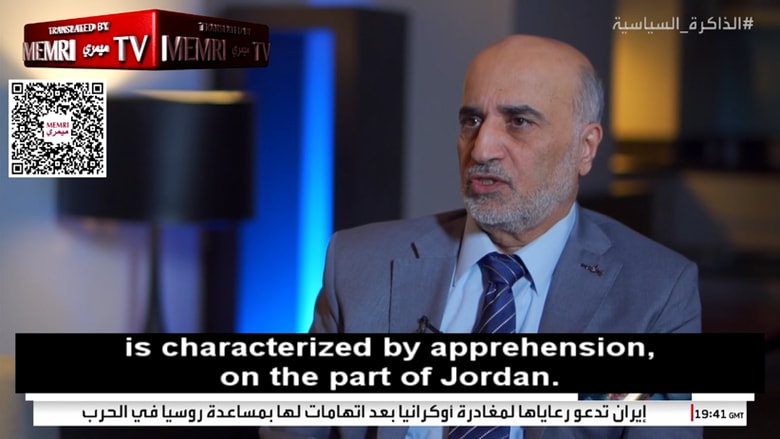
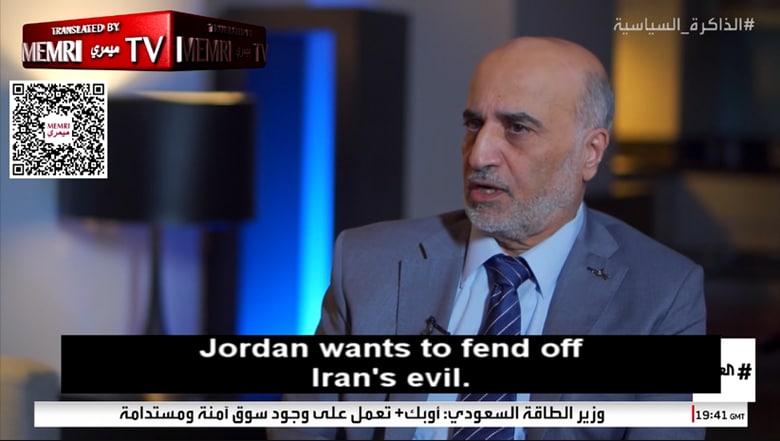
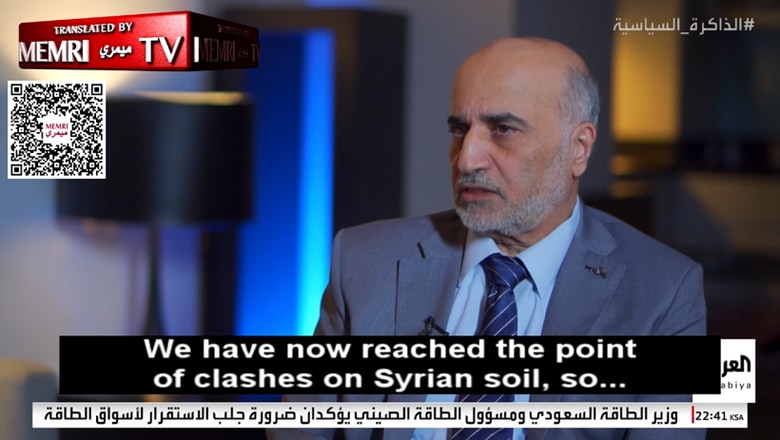
Interviewer: "Do you think that there is a war now between Jordan and Iran or that - at the very least - a front has been opened on the Syrian border?"
Al-Omoush: "It is waged by means of drugs and Captagon, but who do you think produces them? Large quantities have been captured, even in Germany. Three-quarter of what was captured..."

Interviewer: "Do you mean the Iranian militias?"
Al-Omoush: "It says on [the drugs] that they were made in Iran. Iran does not hide this. In South Lebanon and Afghanistan, Iran's militias plants..."


Interviewer: "They want to flood Jordanian society with drugs."
Al-Omoush: "Yes, they do. I do not exaggerate when I say that the war on our northern border is raging every day."

Interviewer: "The war has been raging every day since the war in Syria broke out in 2011, to this very day?"
Al-Omoush: "Yes, and I heard from a trusted source, in the meeting that I told you about, that there was artillery fire as well, not just an exchange of machine gun fire with a smuggler. No, there have been [clashes] with Iranian military forces, not just militias."
Interviewer: "And Jordan was targeted because..."
Al-Omoush: "The goal was to infiltrate Jordan."

[...]
They want to infiltrate [Jordan] and establish sleeper cells that could be activated whenever... Who would have thought that Iran would play a role in Yemen? All of a sudden, we were surprised to find the Iranian ships bringing supplies to the Houthis.

[...]
"Iran has natural resources, seas, oil, and carpets. If Iran wants to serve its people, and its people are good people... They are good people, and they deserve better than what is happening now. I understand how there can be poverty in Jordon or Lebanon. But when there is poverty in Iran, I cannot understand it. It is incomprehensible. They claim that their officials do not steal, as opposed to other countries. If you are not stealing, and the country has all these natural resources, that should reflect on the [condition of the] people, even if in the name of religion, you take from the people twenty percent [of their income] as the khums tax, and use it in Sana'a, Beirut, Damascus, and Baghdad. The Iranians deserve to enjoy this money. If you want to send aid for the sake of good relations - there is nothing wrong with that, but doing it the way it is done now - I think that this constitutes a transgression against the Iranian people themselves."











